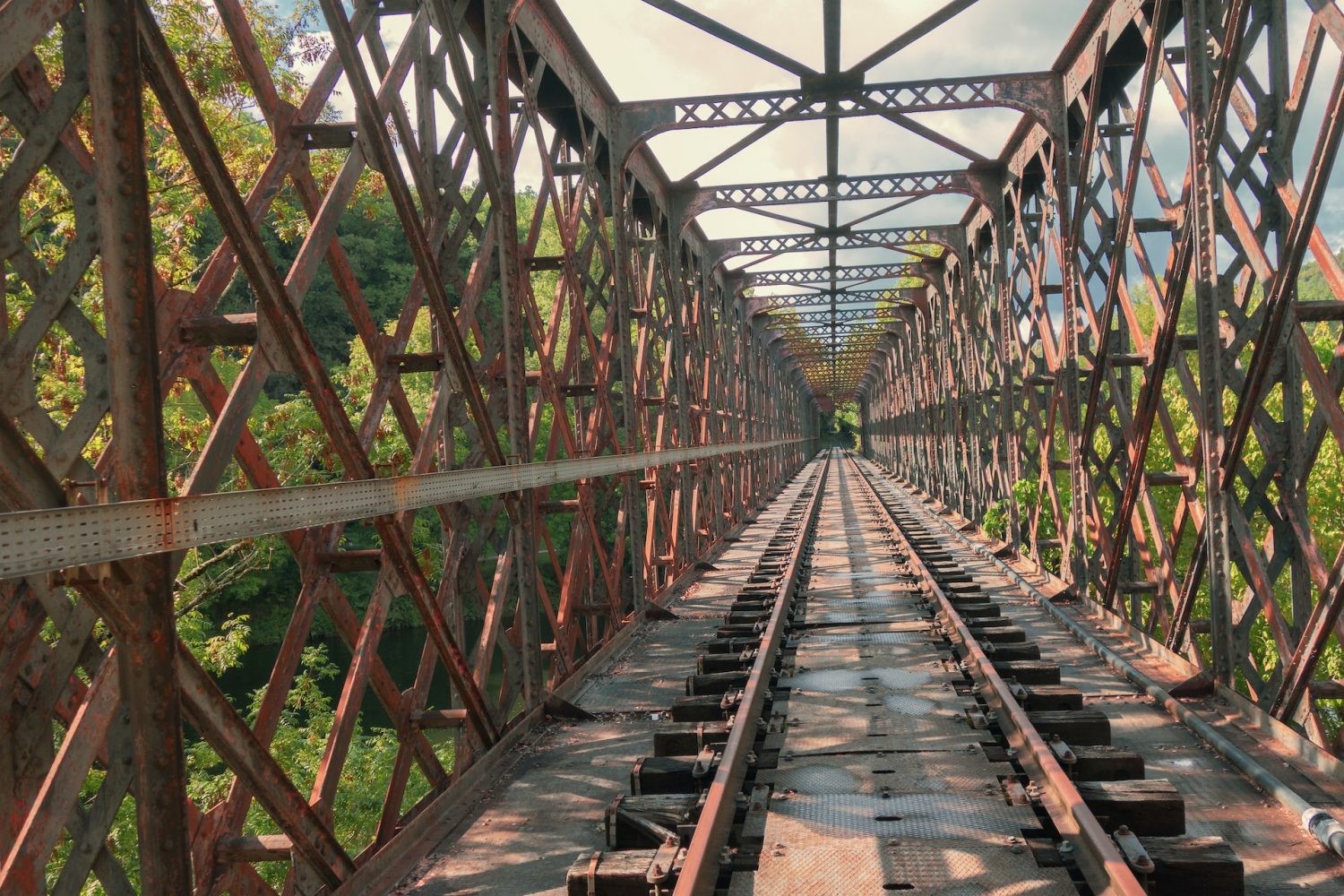Types of structural steel and their uses
26th Jan

Where would the world be without structural steel? It is one of the most popular construction materials for big building projects in the world. However, that isn’t the only industry you will find this metal. It’s flexibility in the types of steel you can get, and the wide range of beneficial properties lend well to a variety of uses that we will be exploring in more detail in this article.
What are the different types of structural steel?
As mentioned above, structural steel doesn’t just come in one form and the different types emphasise different benefits that allow the steel to fit in with various applications and uses in industries. The most commonly use type commercially is carbon steel. This is because when more carbon makes up the metal (up to 2% earns the title of ultrahigh carbon steel and is the maximum) it improves its overall strength and durability. We’ll look at some other examples of popular steel types below.
High strength micro-alloyed steel
In this type of steel, alloys like manganese, nickel, or chromium are added to improve its strength, ductility, and corrosion resistance. Different elements can be added to alter the properties of the metal to the desired effect.
Weathering steels
Weathering steels are a sub-category of the previous steel in this list and focus on creating the best possible resistance to outdoor elements. Given that many industries need their metal to be weather-resistant, this is one of the most valuable forms of steel and is largely used in fabrication and construction.
Quenched and tempered steel
Heat treatment is used to create this steel with the outcome being increased strength, which is why it is often used in buildings.
Fire-resistant steel
When using steel for structural purposes there are situations where they could be more at risk to fires. To combat this, a fire-resistant steel is created by thermos mechanically treating the metal.
Real-world uses of structural steel
Thanks to its broad range of useful benefits like low cost, high strength and longevity, corrosion resistance and more, structural has found its place in many key industries and efficiency has improved because of it.
Transport
Aircraft undercarriages, anchor chains, trains, rails, and ships are just a few examples of the essential products structural steel is used to manufacture in the transport sector.
Energy
The energy sector uses structural steel in a wide variety of applications. It can be found in many industrial buildings as well as several different energy sources like transmission towers, pipelines, wind turbines, electromagnets, and more.
Mining
Structural steel is a big part of the mining industry with a significant part of the substructure being reinforced using steel. Other important parts of mining that feature structural steel include offices, workshops, and mining screens. The main reason behind this is that the smooth surface of the metal makes it easy to clean, meaning it won’t interact with any elements found in the mine.
Marine
Structural steel is resistant to external pressure and stay in their required shapes for the long term. This is particularly advantageous in the marine industry where the products are often exposed to the natural elements. Submarines, boats, ladders, and stairs all include structural steel in some way.
Where can I find structural steel fabricators near me?
If you’re looking for professional and experienced structural steel fabricators for your project in Sheffield, the team at FEM are here to help. We have worked with clients in a wide range of industries to create high quality bespoke steel fabrication products that perfect fit with their requirements, and we can do the same for you. Contact us today to discuss your bespoke metal fabrication needs.